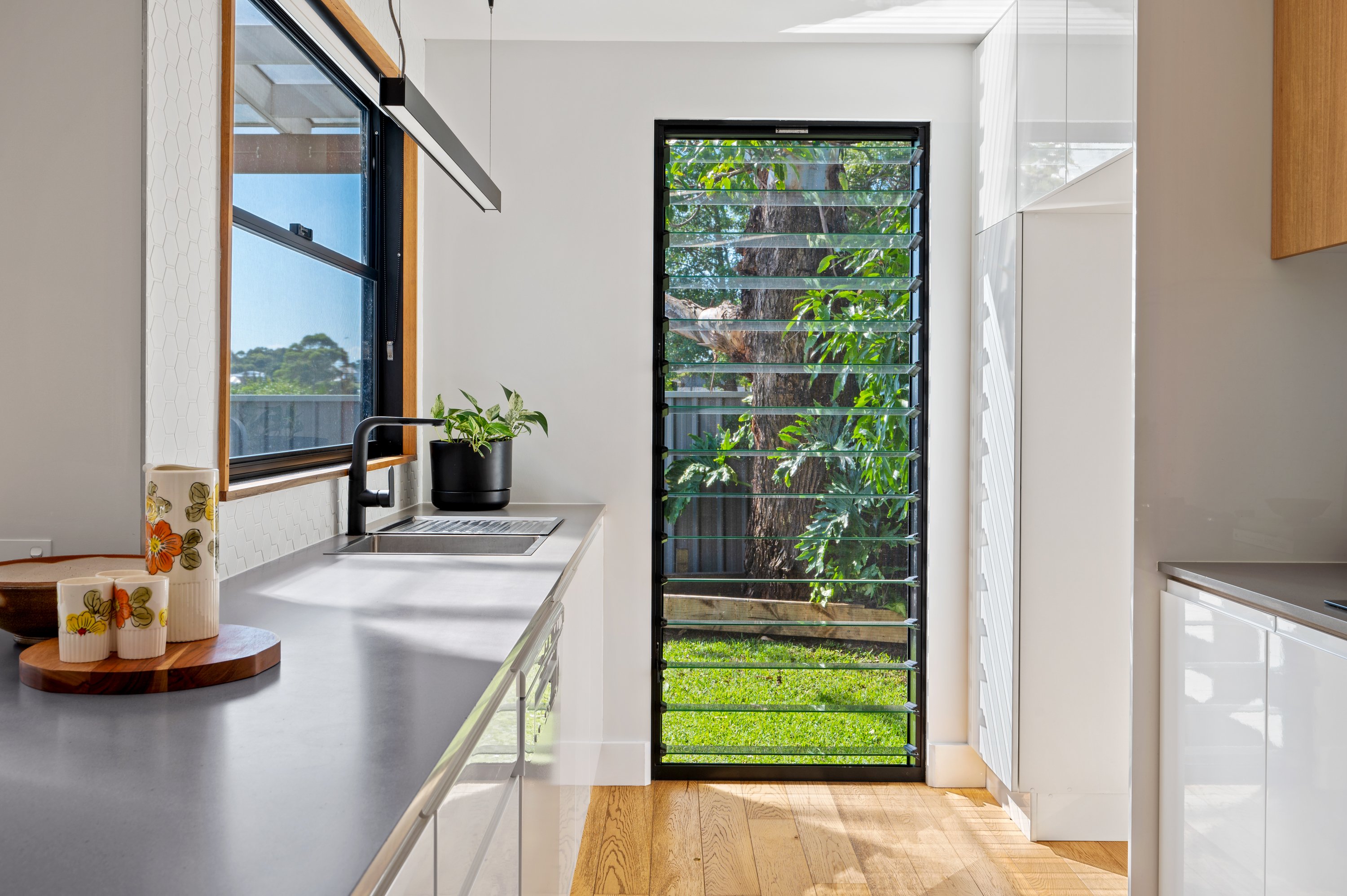Forty years ago, almost 60 per cent of young Australians on low and modest incomes owned their own home. Now, it is only 28 per cent.
To help with this, the Labor party announced its signature Help to Buy policy just before the election. Rather than buy the home yourself, you could elect for the government to own up to 30% of it (or 40% if it's a new build). This means that your share of the purchase price would be significantly less, reducing your borrowing costs. Over time, you would both share in the equity as prices rise.
From our calculations, if you purchased an existing home for $950,000 in Newcastle and elected for the government's contribution to be 30% (it can be less if you chose), you may then be looking at saving $1280 a month on your principal and interest payments. This assumes a 3.5% loan over 30 years.
The other big advantage of this scheme is that you would only need a 2% deposit and wouldn't need to pay the lenders mortgage insurance, saving you thousands.
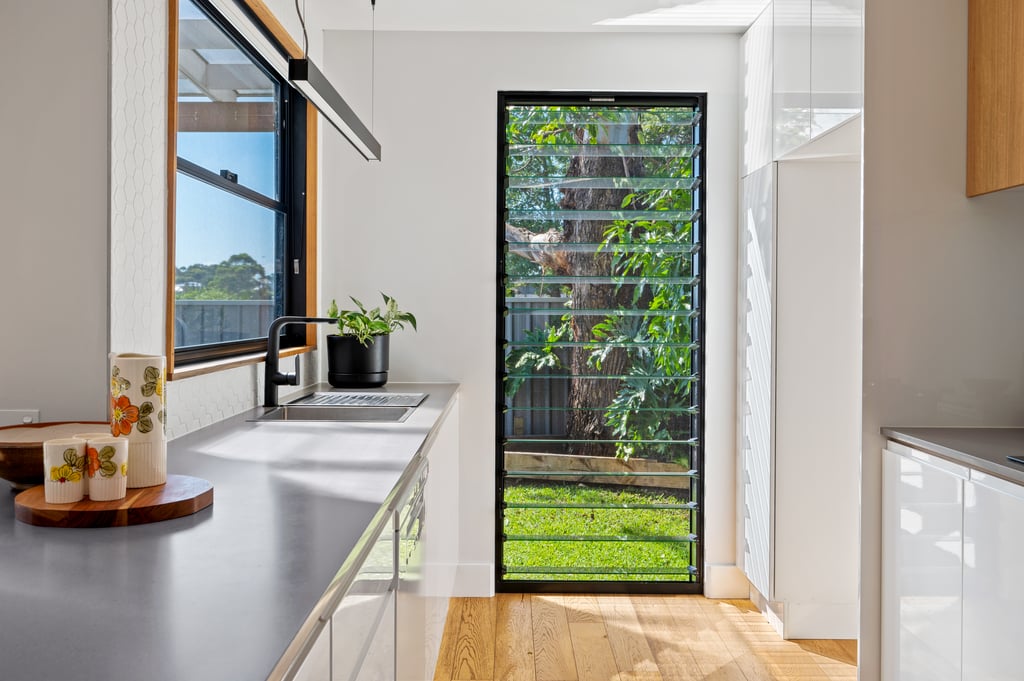
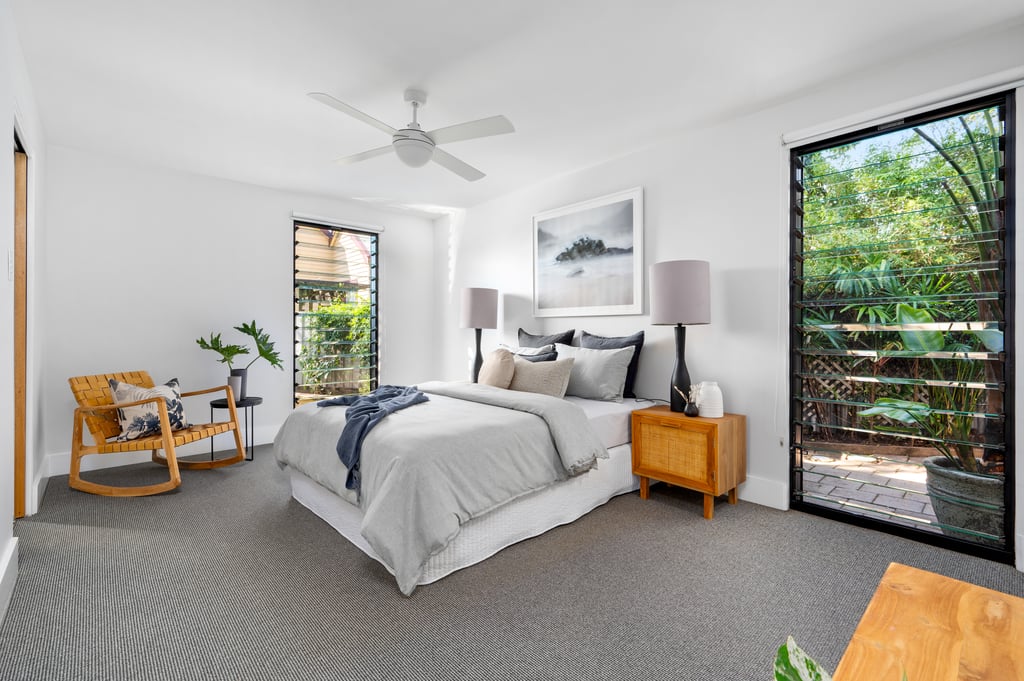
Over time, you can buy an additional stake in the home when you are able do so. The minimum stake you could opt to purchase at any one time is 5 per cent.
We think this is a clever, creative policy. However, there are limitations. The main (but not only) ones include:
- there are only 10,000 places available
- the property needs to be worth less than $950,000 (in Newcastle, other caps apply in different areas)
- individuals need to earn less than $90,000 to qualify ($120,000 for couples)
- you need to live in the property (it can't be rented out)
- the purchaser needs to pay stamp duty, legal fees and all ongoing maintenance costs (including strata fees and council rates).
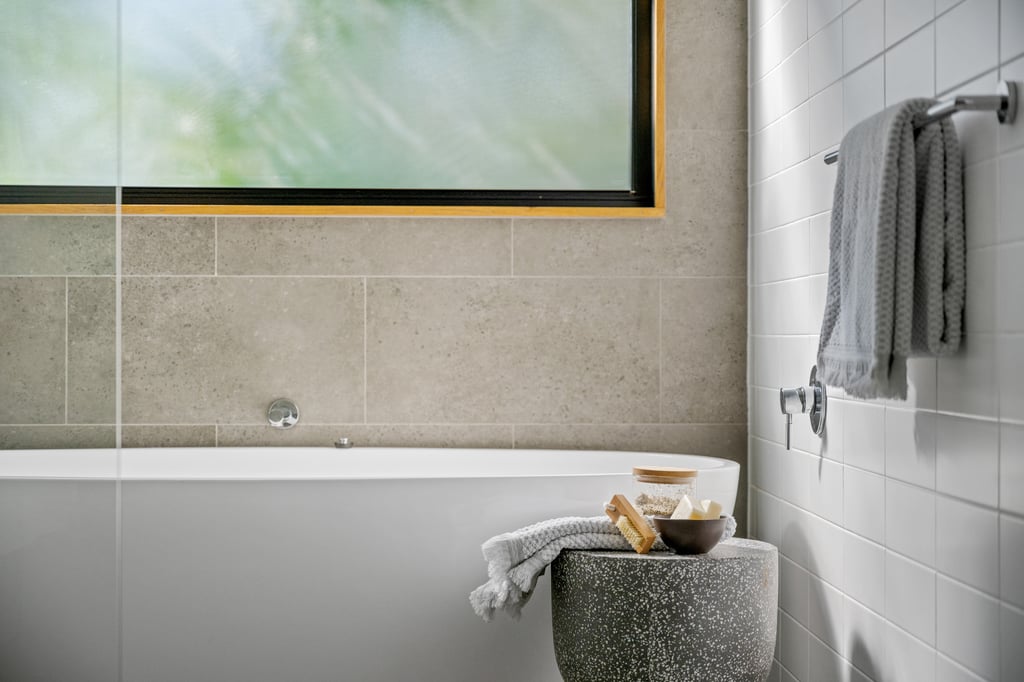
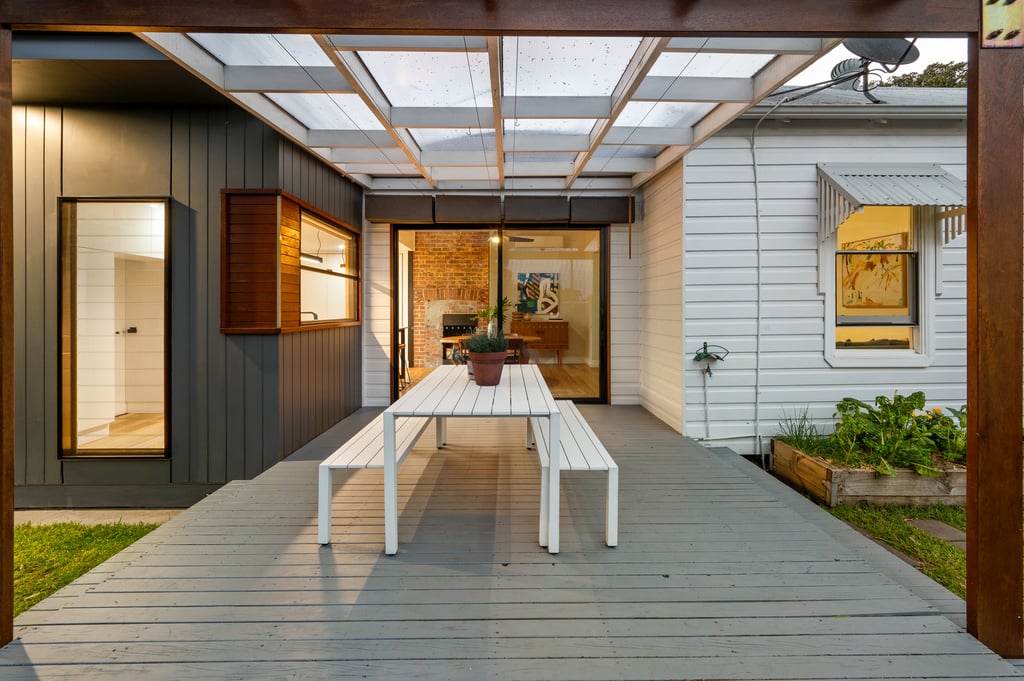
Anyone wanting to take up this option would really want to get some legal advice and read through the fine print. At the time of writing, we have searched hard to find specifics about the policy but are struggling to find detailed answers. We'd be interested to know:
- does the buyer have to pay the stamp duty on their portion or the whole sale price?
- what happens when renovations are completed - we assume the buyer has to stump up all the costs, but then the government benefits from their equity stake? This hardly sounds fair.
- what happens if the homeowner needs to relocate for work and wants to rent the property out? It sounds like they are forced to sell?
- what happens when the buyer's salary increases over time and increases past the threshold?
The new government will also introduce a Regional First Home Buyer Support Scheme which will build on the previous government's First Home Loan Deposit Scheme (which is still available). This new policy will allow first home buyers in regional areas (including Newcastle) to avoid lenders mortgage insurance on property purchases up to $800,000 (a stack of other conditions apply).
